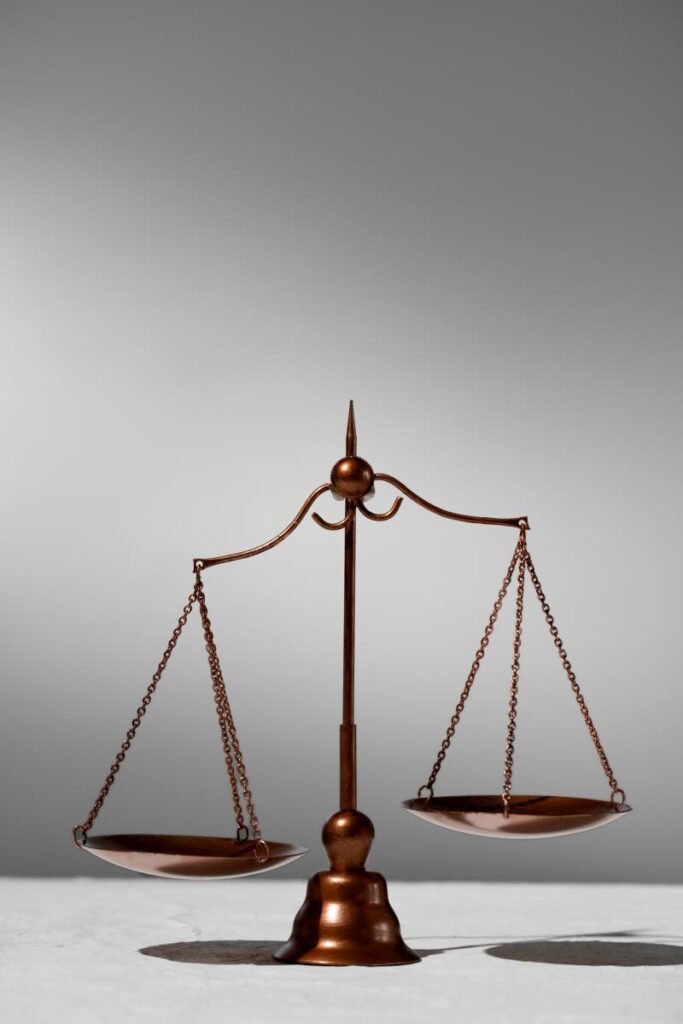Culture clashes in the court

DIANA MAHABIR-WYATT
As the body of jurisprudence in the field of industrial relations grows in the Caribbean and inter-regional commerce increases, it is important for employees and employers to take a look at what is promoted by the Industrial Labour Organisation (ILO) as good industrial practice is applied.
Before going further, I must admit that even the ILO is not infallible when applying those practices and procedures.
Practices expressed as being good by a conference committee, consisting mainly of delegates from a first-world country, may be impractical for third-world countries and too expensive for employers and governments (who are also employers).
There is a lot of politics in the UN system, and in the way the democratic majority voting process, which leads to decision-making about conventions and recommendations, takes place.
Even something as simple as the standard of acceptable workers’ apparel can be the focus of lobbying when it stumbles against head coverings or some other cultural specificity related to gender.
In a dismissal case contested as being unjustified, three workers opted to give evidence for themselves and not via a union representative, which is their right.
The individual who chaired the tribunal ruled that the decision must be based on evidence, and in order to give a decision, the judges on the tribunal had to fairly listen to the evidence of everyone entitled to be represented at the hearing. He was willing to listen, but the workers would not respond to his cross-examination.
There is a myth going around that if the accused does not give evidence or defend themselves, a tribunal cannot rule against them.
That is not true. A court or tribunal must allow the accused the opportunity to defend themselves. If they are given the opportunity and refuse to take it up, the court/tribunal must then base its decision on the evidence given to it, which will be the employer’s evidence alone.
As Lord Denning said: "No doubt, the tribunal must observe the rules of natural justice, but this does not mean that it must be tested by cross-examination. It only means that the tribunal must give the other side a fair opportunity of commenting on it and of contradicting it.”
The company’s evidence was based on the disappearance of several kits containing specialised sewing needles and related equipment not available locally. Over several months, these kits had been disappearing periodically, and this was beginning to cost the company a fair amount of money and moreso the inconvenience of the replacement procurement.
The women who handled the equipment were divided into three shifts: 2 pm-10 pm; 10 pm-6 am and 6 am-2 pm. The night-shift supervisors were experienced in safety and security, as was the morning supervisor, a former policeman, who took over for the 6 am shift when it was often still rainy and dark.
The sewing kits were usually found missing when workers took over the morning shift, which was manned by three Muslim women, refugees from inland Guyana, but no one had ever found any proof of their guilt. The company’s case rested on what they called a balance of probabilities.
When the chair of the tribunal asked on what that balance rested, the morning supervisor, a six-foot husky ex-policeman, said that he had interviewed each of the workers from all three shifts and found the body language of the women on the morning shift suspicious. When asked in what way it was suspicious, he said while he was questioning them they denied taking any of the kits, as did the other shift workers, but the workers on this shift squirmed and would not meet his eye while refusing to reply to most of his question.
"If they won’t look you in the eye, they are usually guilty,” he concluded.
This troubled the tribunal, so they called in the three workers. When one of the individuals on the tribunal started to question the first worker, he got the same reaction.
Head bowed, she would not look straight at him and squirmed as she mumbled her responses to his questions, only claiming she was not guilty and had not seen anyone take the kits. The other two reacted identically.
When the lone female on the panel asked her the same question, the witness sat up straight, looked her straight in the eye, raised her voice and vehemently said that neither she nor her co-workers had taken nor witnessed the taking of any of the kits. When they arrived at 6 am the kits had gone.
On further questioning, she said on arrival, when she went to the ladies' locker room to change, she witnessed one of the outgoing workers from the previous shift taking a large, lumpy bag out of her locker, covering it with a raincape, and going out with the crowd of other workers who were changing shift at that time.
When that individual asked her why she had not told the panel that before, she said she was brought up, as a good Muslim woman, not to look a strange man in the face and initiate a conversation with him.
“He didn’t ask me that,” she said. The other two, questioned separately, responded the same way in accordance with their religion. The union shop stewards were all male.
The dismissals were ruled wrongful by the tribunal for lack of evidence and the case against the women was dismissed.


Comments
"Culture clashes in the court"